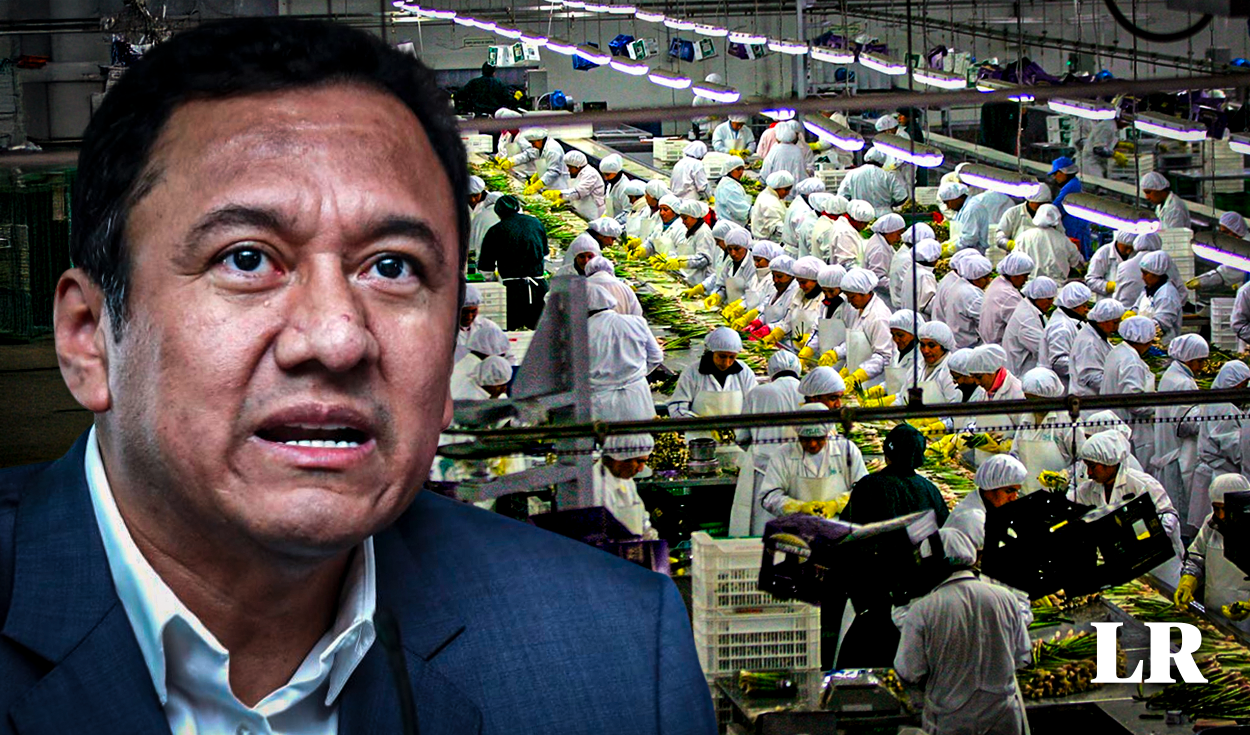
Before the agrarian crisis faced by mango producers in the north of the country, the Minister of Agrarian Development and Irrigation Ángel Manero surprised with the invocation that made them not sow for three years due to overproduction in the current season. But, this statement was not enough. In a recent interview with Channel N, he said in favor of attracting new investments with the approval of the Chlimper 2.0 law.
And is that one of the pending issues that Congress must address this year is the normative proposal that gives tax benefits to companies agro -exporters with an income tax (IR) reduced to 15%. Despite the opposition of the Ministry of Economy and Finance (MEF) that he warned about the high fiscal cost of the measure, the head of Midagri described as dogmatics the opinion of the sector led by José Arista.
“They have released a report that means S/1.7 billion. That amount is wrong. Let me tell me, although it is my colleague (José Arista), that amount is very wrong, it is not an impact of that dimension, it is much lower. I invite MEF officials to support that amount, ”he emphasized.
For manero, this tax benefit that reduced the income tax to 15% in favor of agro -export companies, has worked and has been the support of the sector’s growth since its promulgation during the government of Alberto Fujimori. It is worth mentioning that the Hildebrandt weekly in his thirteen revealed last year an alleged conflict of interest because the minister’s wife, Sofía Wong Wu, is the founder of Sunshine Export, a company dedicated to the export of mango.
“The frozen mango floods China and is the huge market for Peru. What is the complication? Which requires large investments, since making a frozen plant means more than USS10 million. We need to attract investments. For that, it is important that the new Agrarian Law be approved, because without it, we will bring investments in frozen in 3.4 or 5 years, ”he explained.
MEF against Chlimper 2.0 law
The new version of the Chlimper law will bring tax damage of up to S/20,000 million in 10 years, the MEF warned. According to a report by the entity that this newspaper accessed last year, large agro -export companies such as Camposol, Cerro Prieto, Danper and others, are already enjoying the benefits of Law No. 31110, approved in 2020. Currently , these concentrate 92% of the income of the agro -export sector.
Despite its extraordinary profits since the recommendations of the IMF and OCDE are disobeyed, Congress states that the large agro -exporters again pay 15% of the income tax until 2035. This time, the beneficiaries would also be the companies of Palma Aceitra and of the wine sector.
Source: Larepublica
Alia is a professional author and journalist, working at 247 news agency. She writes on various topics from economy news to general interest pieces, providing readers with relevant and informative content. With years of experience, she brings a unique perspective and in-depth analysis to her work.











